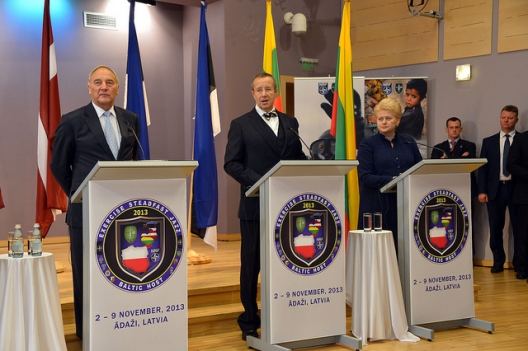 The obvious answer is for Nato to bolster its military presence in the east, thereby signalling to Moscow that an attack there would indeed be treated as an attack on the whole alliance. The permanent, or at least continuous, presence of US forces would provide essential underpinning to Mr Obama’s short-term reassurance.
The obvious answer is for Nato to bolster its military presence in the east, thereby signalling to Moscow that an attack there would indeed be treated as an attack on the whole alliance. The permanent, or at least continuous, presence of US forces would provide essential underpinning to Mr Obama’s short-term reassurance.
Some Nato members, however, are already raising objections. With one eye on its energy ties with Russia, Italy has voiced concern that the permanent forward-basing of Nato troops would be seen as a provocation and run counter to the founding act of the Nato-Russia Council. Turkey and other Mediterranean states argue that resources should not be deployed in the east at the expense of Nato’s southern flank. The summit’s job is to square the circle.
With a modicum of political resolve this should be possible. While a permanent Nato footprint would be the best outcome, one compromise would be to establish alliance headquarters in one or more of the eastern states and, instead of stationing permanent combat troops, set up forward supply bases available during times of tension. This would be accompanied by the regular rotation of Nato forces – sending a strong deterrent message to Moscow without breaking the taboo on permanent bases. . . .
The most urgent task, though, is to demonstrate that the alliance has the political will and the resources to guarantee Europe’s borders. Security, Nato leaders should remember, begins at home.
Image: The Presidents of the three Baltic States, Nov. 6, 2013 (photo: NATO)
